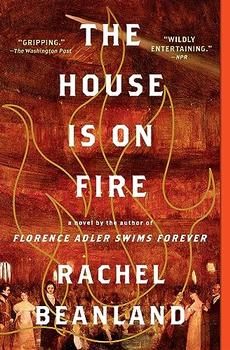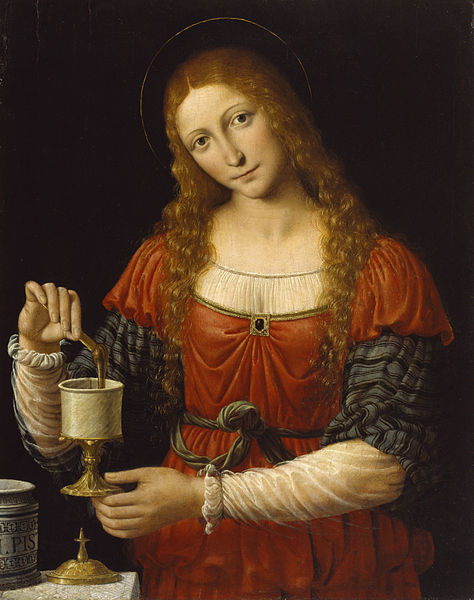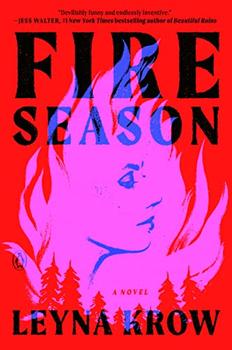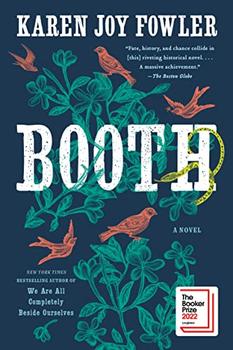Summary | Excerpt | Reviews | Beyond the book | Read-Alikes | Genres & Themes | Author Bio

Critics' Opinion:
Readers' Opinion:
First Published:
Apr 2023, 384 pages
Paperback:
Apr 2024, 384 pages
 Book Reviewed by:
Book Reviewed by:
Kathleen Basi
Buy This Book
The author of Florence Adler Swims Forever returns with a masterful work of historical fiction about an incendiary tragedy that shocked a young nation and tore apart a community in a single night—told from the perspectives of four people whose actions during the inferno changed the course of history.
Richmond, Virginia 1811. It's the height of the winter social season, the General Assembly is in session, and many of Virginia's gentleman planters, along with their wives and children, have made the long and arduous journey to the capital in hopes of whiling away the darkest days of the year. At the city's only theater, the Charleston-based Placide & Green Company puts on two plays a night to meet the demand of a populace that's done looking for enlightenment at the front of a church.
On the night after Christmas, the theater is packed with more than six hundred holiday revelers. In the third-floor boxes, sits newly-widowed Sally Henry Campbell, who is glad for any opportunity to relive the happy times she shared with her husband. One floor away, in the colored gallery, Cecily Patterson doesn't give a whit about the play but is grateful for a four-hour reprieve from a life that has recently gone from bad to worse. Backstage, young stagehand Jack Gibson hopes that, if he can impress the theater's managers, he'll be offered a permanent job with the company. And on the other side of town, blacksmith Gilbert Hunt dreams of one day being able to bring his wife to the theater, but he'll have to buy her freedom first.
When the theater goes up in flames in the middle of the performance, Sally, Cecily, Jack, and Gilbert make a series of split-second decisions that will not only affect their own lives but those of countless others. And in the days following the fire, as news of the disaster spreads across the United States, the paths of these four people will become forever intertwined.
Based on the true story of Richmond's theater fire, The House Is on Fire offers proof that sometimes, in the midst of great tragedy, we are offered our most precious—and fleeting—chances at redemption.
1. SALLY
Sally Campbell's shoes are fashionable but extremely flimsy. She ordered them from Curtis Fairchild's specifically for Richmond's winter season, but now she feels like a fool for thinking she could get away with wearing them on the half-mile walk from her brother-in-law's house to the theater.
The shoes, which are made of silk and lined with linen, are as pretty as they come, but they are no match for the terrain. It's been so cold that the earth is frozen solid, which means that every bulge and divot beneath Sally's feet feels like a knife blade through the shoes' thin leather soles. "It's possible I would have been no worse off barefoot," she says to her sister-in-law Margaret when they reach the corner of H and Seventh Streets.
A fierce wind whips at the women's faces, and they lean into each other, drawing the collars of their coats tight around their necks while they wait for Archie to catch up. "We need you, dear," Margaret calls to her husband as he lumbers toward them.
...
In a time and place in history from which the voices of powerful white men are almost all that have been preserved, Beanland chooses to center these characters, who live outside power and influence, to explore the dichotomy between the experiences of Black and white residents as well as the experiences of women and men. One striking disconnect is the lack of heroism displayed by men trying to escape the fire—at the cost of the lives of the women their cultural norms require them to protect—and the fawning praise heaped upon them in the media...continued
Full Review
 (798 words)
(798 words)
(Reviewed by Kathleen Basi).
 Afia Atakora, author of Conjure Women
I could not turn the pages fast enough! An absolutely propulsive feat of storytelling! The House is On Fire reveals the little known events of an American tragedy of Titanic proportion. In heartstopping, intimate detail Beanland transports us directly into the souls of a truly diverse cast of Virginians whose varied means of survival during the theater fire and in its deftly-told aftermath, not only paint a rich portrait of 1800s America, but also hold up a timeless mirror to the racial disparity revealed by unexpected loss -- and the means through which we must all come together to rebuild. Brava!
Afia Atakora, author of Conjure Women
I could not turn the pages fast enough! An absolutely propulsive feat of storytelling! The House is On Fire reveals the little known events of an American tragedy of Titanic proportion. In heartstopping, intimate detail Beanland transports us directly into the souls of a truly diverse cast of Virginians whose varied means of survival during the theater fire and in its deftly-told aftermath, not only paint a rich portrait of 1800s America, but also hold up a timeless mirror to the racial disparity revealed by unexpected loss -- and the means through which we must all come together to rebuild. Brava! Sarah Penner, NYT bestselling author of The Lost Apothecary
The House Is on Fire by Rachel Beanland is precisely the sort of story that made me fall in love with historical fiction long ago: Beanland's sophomore novel sheds light on real events and real people, but it's reimagined in a way that allows readers to viscerally experience that fateful night in 1811--to watch, from their own theater seat, as bravery unfolds in real-time... A heart-rending and remarkable story.
Sarah Penner, NYT bestselling author of The Lost Apothecary
The House Is on Fire by Rachel Beanland is precisely the sort of story that made me fall in love with historical fiction long ago: Beanland's sophomore novel sheds light on real events and real people, but it's reimagined in a way that allows readers to viscerally experience that fateful night in 1811--to watch, from their own theater seat, as bravery unfolds in real-time... A heart-rending and remarkable story. In The House Is on Fire by Rachel Beanland, the character Sally grows increasingly disgusted by the way men's actions on the night of the 1811 Richmond theater fire are glorified in the local media, while women's experiences go completely unnoticed.
In The House Is on Fire by Rachel Beanland, the character Sally grows increasingly disgusted by the way men's actions on the night of the 1811 Richmond theater fire are glorified in the local media, while women's experiences go completely unnoticed.
As far back as Biblical times, women in much of the world have been underrepresented and misrepresented in various types of media, and therefore historical records. Think of Mary Magdalene—a woman who, according to one gospel account, was a companion of Jesus and one of the first people to learn of the Resurrection. Early Church leaders rewrote her story, conflating her with an unnamed woman from the Gospel of Luke and depicting her as a sinner who washed Jesus' feet with her tears....

If you liked The House Is on Fire, try these:

by Leyna Krow
Published 2023
The propulsive story of three scheming opportunists - a banker, a conman, and a woman with an extraordinary gift - whose lives collide in the wake of a devastating fire in the American West.

by Karen Joy Fowler
Published 2023
From the Man Booker finalist and bestselling author of We Are All Completely Beside Ourselves comes an epic and intimate novel about the family behind one of the most infamous figures in American history: John Wilkes Booth.





The House on Biscayne Bay
by Chanel Cleeton
As death stalks a gothic mansion in Miami, the lives of two women intertwine as the past and present collide.

The Flower Sisters
by Michelle Collins Anderson
From the new Fannie Flagg of the Ozarks, a richly-woven story of family, forgiveness, and reinvention.

The Funeral Cryer by Wenyan Lu
Debut novelist Wenyan Lu brings us this witty yet profound story about one woman's midlife reawakening in contemporary rural China.
Your guide toexceptional books
BookBrowse seeks out and recommends the best in contemporary fiction and nonfiction—books that not only engage and entertain but also deepen our understanding of ourselves and the world around us.